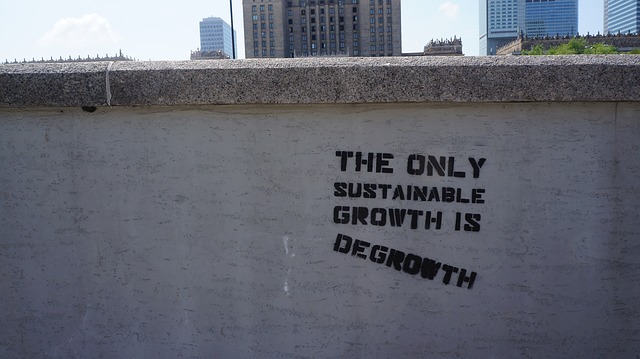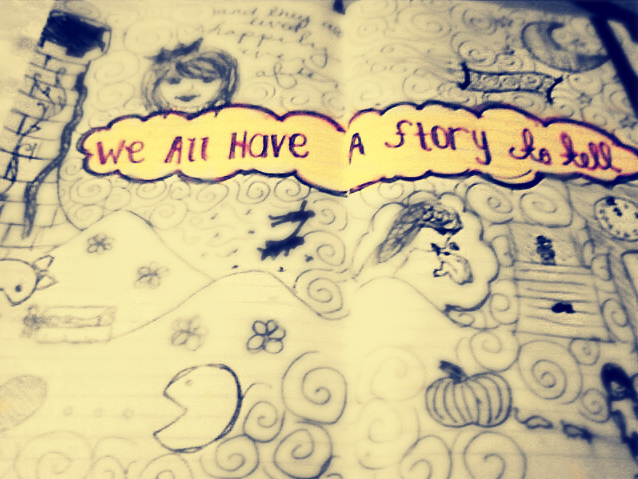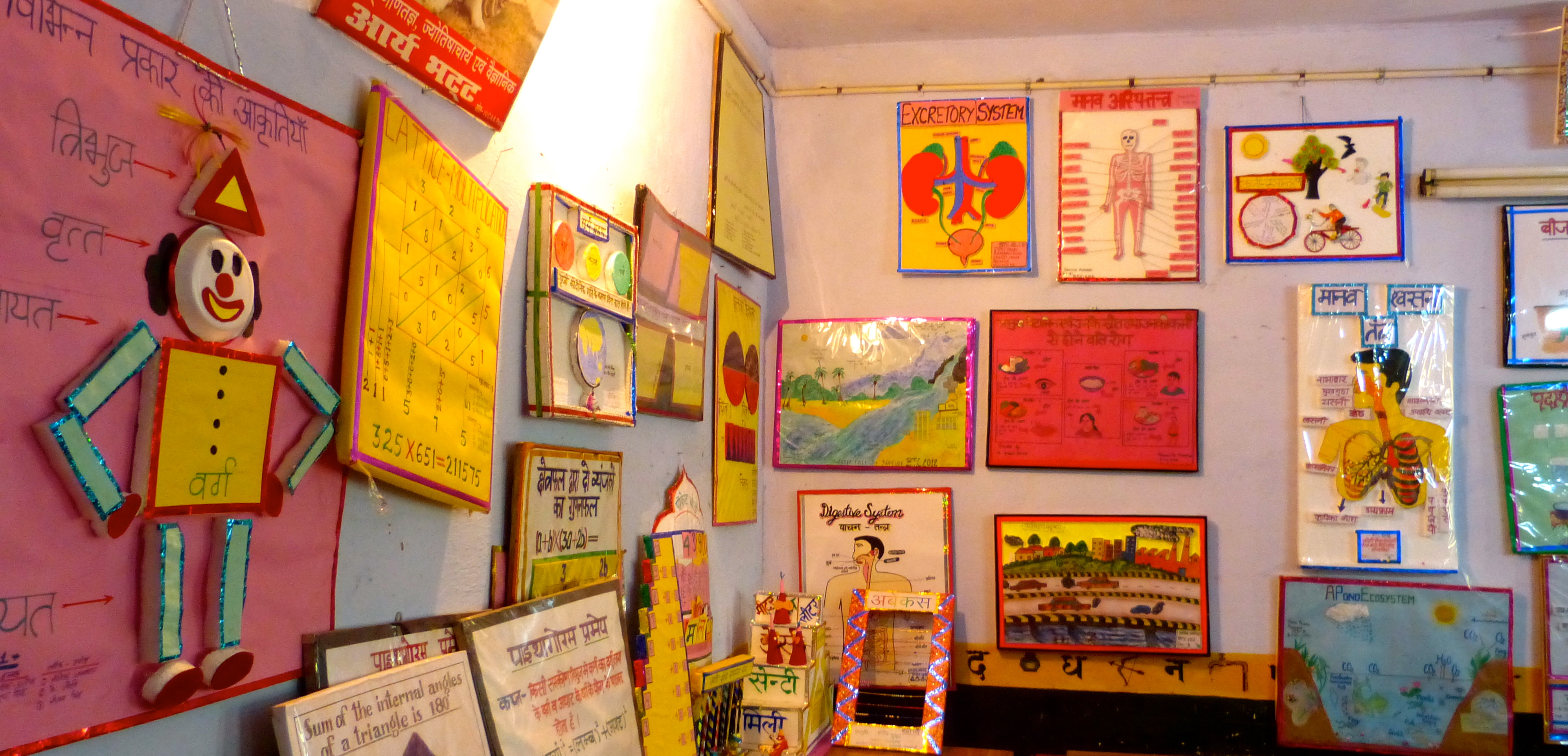Photo: camil tulcan via compfight cc
By: Leigh-Anne Perryman
I’ve been reflecting on reflection of late… Reflection is the focus of OER Research Hub Hypothesis E:
Use of OER leads to critical reflection by educators, with evidence of improvement in their practice.
We’re researching this hypothesis with several collaborating projects, including TESS India, CCCOER and the Flipped Learning Network. In recent team discussions we’ve begun to explore our own notions of what ‘critical reflection’ might comprise and just how OER might impact on educators’ practice via a process of critical reflection. So, this seems a timely moment to consider a few of the theoretical perspectives on the topic.
Procee (2006) gives a telling insight into the reflection-related theoretical landscape when commenting that:
Reflection in education is a field full of promises: promises for improving professional proficiency, for fostering personal growth, and for increasing social justice. This promising character makes reflection very attractive. The price, however, is that the huge amount of literature in this field highlights the lack of conceptual clarity that exists.
The ‘huge amount of literature’ mentioned by Procee is home to a similarly huge number of models conceptualising the reflection process. Procee categorises this literature according to Gur-Ze’ev, Masschelein and Blake’s (2001) distinction between:
-
‘Reflectivity’ – related to professional development and the product of the philosophies of Dewey (1933), Schön (1987) and Kolb (1984);
-
‘Reflection’ – embodying critical social theory, informed by Habermas and evidenced in the work of Mezirow (1990) and Brookfield (1995);
- Theories which combine the two approaches (e.g. Boud, Keogh, & Walker, 1985; Boud & Walker, 1998).
.
Procee bases this distinction on Gur-Ze’ev et al’s argument that reflection and reflectivity are incompatible, the former being ‘a central component of critical counter-education’ and the latter being ‘characteristic of hegemonic normalizing education’. Procee illustrates the polarity between reflection and reflectivity diagrammatically, drawing on Serafini’s (2002) distinction between the three dimensions of ‘purpose’ (the goal of reflection), ‘process’ (how reflection is carried out) and ‘focus’ (the central event or experience being reflected upon). Procee points out that ‘each dimension represents a continuum between two extreme poles. The left pole stresses the qualities of profession-related issues (‘reflectivity’, to use Gur-Ze’ev et al’s term) while the right pole stresses critical social issues (or ‘reflection’).
Procee’s Dimensions of Reflection model
Of the plethora of theories addressing ‘reflection’ and ‘reflectivity’, those in the category of ‘reflection’ appear germane to exploring OER Research Hub Hypothesis E and Mezirow’s (1990) theory of transformative learning stands out as particularly relevant. While Mezirow focuses on formal learning situations his theory could apply equally well to educators’ formal and/or informal encounters with OER – either OER studied in the context of professional development or OER which the educator is intending to use as a teaching resource.
Mezirow proposes that adults enter formal learning situations complete with an often deeply entrenched set of moral, ethical and philosophical preferences, value judgements and attitudes, which he calls ‘frame of mind’. He suggests that the learning process necessarily requires critical reflection on this frame of mind, prompted by an uncomfortable experience of some sort, which Mezirow refers to as ‘cognitive dissonance’. The critical reflection process is likely to involve uncomfortable emotions such as anxiety, fear or anger, says Mezirow, as an individual’s frame of mind is challenged, reviewed and revised during ‘the process of reflecting back on prior learning to determine whether what we have learned is justified under present circumstances’ (Mezirow, 1990: 5). In the context of educators’ use of OER, it is possible that cognitive dissonance could occur when an educator encounters a resource featuring a very different teaching approach from their own typical practice and is prompted to reflect on the different outcomes that might be achieved by such an approach, in comparison with their habitual methods.
Other possible reasons why OER might act as a catalyst for transformative learning and professional development through critical reflection involve more prosaic considerations. For example, an educator using OER rather than self-created resources may gain the time to experiment with new teaching strategies. In addition, OER can be adapted by educators to suit their own context and this process might also involve an amount of critical reflection that could, in turn, improve practice. The reflection featuring in both scenarios is typical of that appearing in Kolb’s (1984) theory of experiential learning – whereby a ‘concrete experience’ is followed by ‘reflective observation’, ‘abstract conceptualisation’ (learning from the experience) and subsequent ‘active experimentation’ (trying out what you have learned). However, such reflection is perhaps not of the ‘critical’ type that appears in Mezirow’s theory and in OER Research Hub Hypothesis E.
Mezirow (1990, p. 8) identifies transformative learning as the potential outcome of cogntive dissonance, ‘the process by which we transform our taken for granted frames of reference to make them more inclusive, discriminating, open, emotionally capable of change, and reflective so that they may generate beliefs and opinions that will prove more true or justified to guide action’. The process of perspective transformation, proceeding from the cognitive dissonance of disorienting trigger events and followed by critical reflection on one’s assumptions, rational discourse, and renewed committed action, is shown below.
 Mezirow’s cycle of critical reflection (Atherton, 2011)
Mezirow’s cycle of critical reflection (Atherton, 2011)
Relevantly, Mezirow foregrounds the process of discourse or dialogue with other, like-minded people who have shared similar uncomfortable experiences, as an important component of transformative learning. Several of the OER Research Hub collaborations offer the opportunity to explore whether OER, when embedded within a community of practice (Wenger, 1998), are particularly likely to be the focus of collaborative, or social reflection by educators. Beyond the OERRH collaborations, the Merlot OER collection is a clear example of OER acting as the focus for collaborative reflection in that educators and learners are encouraged to comment on their use of the Merlot-featured resources and often engage in dialogue around ways in which individual resources might be used in particular settings.
Detractors of Mezirow have argued that meaningful and useful critical reflection (as a precursor for transformative learning and professional development) is unlikely to take place on an ad hoc basis, where the purpose and outcome of reflection is indistinct and limited by the preconceptions and mindset of the individual. Rather, they argue that practice-changing reflection is more likely to be achieved within a cognitive framework such as Stephen Brookfield’s ‘critical incident technique’, intended to guide educators in the process of reflection aimed to improve practice. Brookfield (1995) argues that reflection is most effective if focused around a specific event – a critical incident – which educators should critically examine and explore from as many perspectives as possible in order to identify the assumptions that underlie their practice, the consequences of these assumptions, and develop alternative perspectives on their practice.
Like Mezirow, Brookfied (1995, p. 28) proposes that ‘we are all prisoners trapped within the perceptual frameworks that determine how we view our experiences’ and therefore identifying such assumptions can be very difficult. He suggests that educators might usefully adopt four lenses to help them gain a true picture of their practice: (1) an autobiographical perspective – a process of self-review where the educator takes on the role of ‘other’ in examining their own practice; (2) a student perspective, involving gaining and listening to feedback from students; (3) colleagues’ perspectives – having critical conversations with colleagues about each others’ teaching experiences; (4) a theoretical perspective, whereby educators consult educational theory to help understand their practice from multiple perspectives.
Serafini also ponders how reflective practice might be promoted amongst educators and identifies ‘Time, Distance, Dialogue, and a Preferred Vision’ as important factors to consider. He argues that busy practitioners need time if they are to reflect on their practice and echoes Brookfield in highlighting the importance of achieving a critical distance from one’s practice in order to best analyse teaching experiences. Like Mezirow, Serafini also stresses the importance of dialogue with other educators – ‘a group to bounce ideas off and a place to receive feedback on their ideas’.
Returning to OER Research Hub Hypothesis E and thinking about what evidence would be needed to prove that ‘use of OER leads to critical reflection by educators, with evidence of improvement in their practice’ leads me to wonder whether OER alone are sufficient to initiate practice-improving critical reflection, or whether their impact is dependent on other factors, for example the presence of a community of like-minded peers engaged in ‘rational discourse’ (Mezirow) or dialogue (Serafini) and providing the alternative perspectives featuring in the critical incident technique (Brookfield).
Earlier this month I spent a fascinating hour with Dr Sanjaya Mishra, Director of the New Delhi-based Commonwealth Educational Media Centre for Asia (CEMCA). I asked Dr. Mishra for his view on the potential impact of OER on teacher education in India. He commented that while he remains to be convinced that teachers and teacher educators in India will be sufficiently incentivised to spend time learning how to create and use OER, a community of practice model for sharing OER could work in developing a culture of peer-support and mutual responsibility that, in turn, offers an incentive for participation beyond the attractions of sourcing OER. Within India, evidence that this approach works can be found in Bangalore-based IT for Change’s Subject Teacher Forum model of building an online community of teachers who work together to create OER. TESS India also plans to include teacher communities in its delivery model.
Do you have a view on the relationship between OER and educators’ critical reflection? Could you bring any evidence or examples to this discussion? It’s likely that some evidence does exist about the impact of OER on the critical reflection process as the OER community judged OER Research Hub Hypothesis E as ‘Important’ and ‘Provable’ during the OER13 OER-chery activities.
OER-chery in the OER Research Hub room at OER13
In Part 2 of this series of posts on reflection I’ll be shifting my focus from education to research and exploring the role of researcher reflection in the process of project evaluation. Until next time…
References
Boud, D., Keogh, R. and Walker, D. (1985). Reflection: Turning Experience into Learning. London, Kogan Page.
Boud, D. and Walker, D. (1998). “Promoting Reflection in Professional Courses: The Challenge of Context.” Studies in Higher Education 23(2): 192.
Brookfield, Stephen D. (1995). Becoming a Critically Reflective Teacher. San Francisco, Jossey-Bass.
Dewey, John (1933). How We Think: A Restatement of the Relation of Reflective Thinking to the Educative Process. Lexington, Massachusetts, Heath.
Gur-Ze’ev, I., Masschelein, J. and Blake, N. (2001). “Reflectivity, Reflection, and Counter-Education.” Studies in Philosophy and Education 20(2): 93-106.
Kolb, D.A. (1984). Experiential Learning as the Science of Learning and Development. Englewood Cliffs, NJ, Prentice Hall.
Mezirow, Jack (1990). Fostering Critical Reflection in Adulthood: A Guide to Transformative and Emancipatory Learning. San Francisco, Jossey-Bass.
Procee, Henk (2006). “Reflection in Education: A Kantian Epistemology.” Educational Theory 56(3): 237-253.
Schon, D. (1987). Educating the reflective practitioner: Toward a new design for Teaching and Learning in the Professions. San Francisco, Jossey Bass.
Serafini, F. (2002). “Reflective Practice and Learning.” Primary Voices 10(4): 4-10.
Wenger, E. (1998) Communities of practice: learning, meaning, and identity. London, Cambridge University Press.
[Reblogged from: www.artofoer.wordpress.com]









Leave A Comment